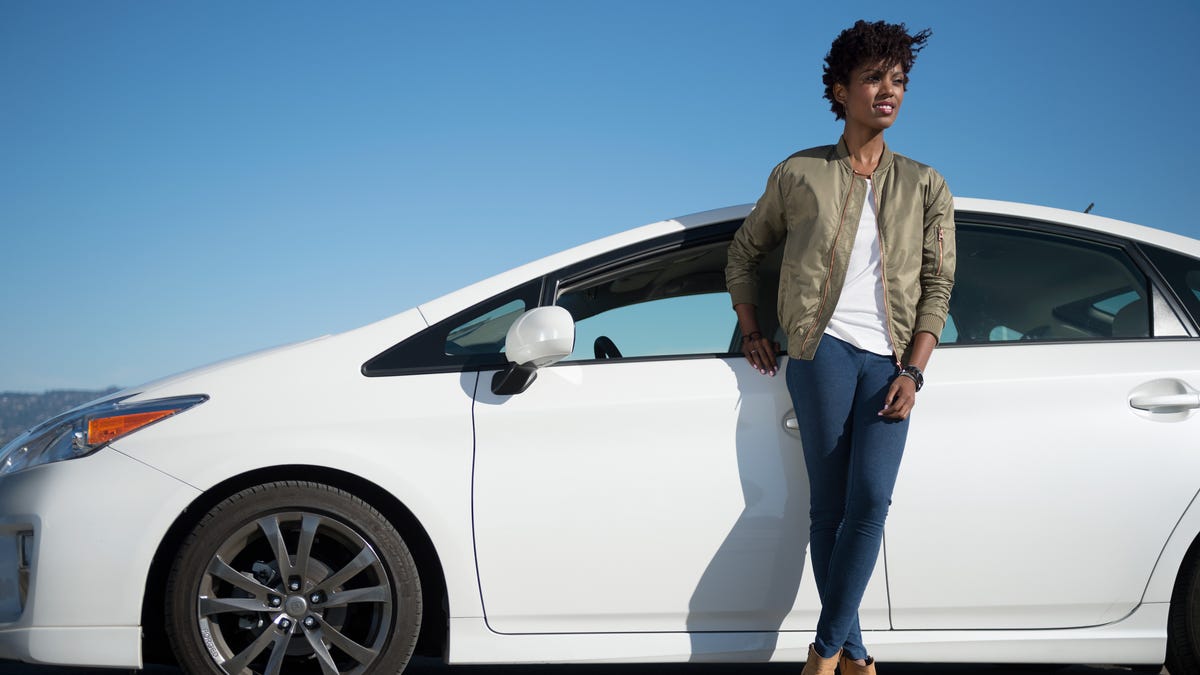UberX is a taxi service (and taxable), Australian court rules
Uber has always pitched itself as edgy disruptor, but according to Federal Court of Australia, it turns out Uber is just a big corporation like any other.

UberX drivers might be ordinary people, but that doesn't mean they don't have to pay tax.
Uber has always sat in a weird place in terms of regulation. It doesn't consider itself an employer, but it employs thousands of "driver partners" around the world. It has a presence in Australia, but it's not based in Australia for tax purposes.
Think of it kind of like Schroedinger's Cab.
But the company has now been hit with a pretty clear label when it comes to paying taxes, after the Federal Court of Australia ruled that UberX ridesharing is classified as a "taxi service" when it comes to paying tax.
It's another regulation slapped on a company that has been pushing back against the way its business has been classified around the world.
Uber appeared in front of the European Court of Justice last year, claiming it was a software company, not a taxi service. It also faced a ruling from a London court in 2016, determining that its drivers should be classified as employees, not independent contractors.
The company first applied to the Australian Federal Court in 2015 to contest an order by the Australian Taxation Office, calling on UberX drivers to pay a 10 percent Goods and Service Tax. The GST is levied on the majority of goods and services sold in Australia.
Uber tried to argue that UberX was not the same as a taxi or limousine service, which are required to pay GST, claiming that cars are not marked as taxis, drivers do not wear uniforms and they cannot accept fares off the street.
But the Judge presiding on the case deemed that one of the driver partners mentioned in proceedings, Brian Colin Fine, was in fact offering taxi travel through UberX.
"I consider that, on 11 September 2015, Mr Fine was supplying taxi travel as defined in... the GST Act when he was operating as an UberX Partner. That is because I consider that, at that time, he was supplying travel that involved transporting passengers by taxi for fares."
Furthermore, the court ruled that Uber couldn't claim Mr Fine was offering a limousine service, throwing in a pretty backhanded insult about his car in the process.
"I consider that the Honda Civic vehicle which he used on the relevant day is not a luxury car, with the consequence that Mr Fine was not on that day supplying a service which involved travel by limousine."
CNET Magazine: Check out a sampling of the stories you'll find in CNET's newsstand edition.
Life, Disrupted: In Europe, millions of refugees are still searching for a safe place to settle. Tech should be part of the solution. But is it? CNET investigates.

